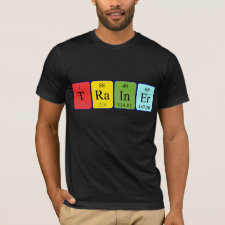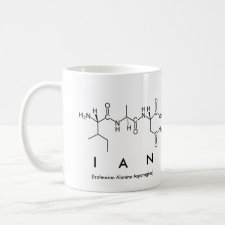
Authors: Hedin-Dahlström J, Rosengren-Holmberg JP, Legrand S, Wikman S, Nicholls IA
Article Title: A class II aldolase mimic.
Publication date: 2006
Journal: Journal of Organic Chemistry
Volume: 71
Issue: (13)
Page numbers: 4845-4853.
DOI: 10.1021/jo060608b
Abstract: A class II aldolase-mimicking synthetic polymer was prepared by the molecular imprinting of a complex of cobalt (II) ion and either (1S,3S,4S)-3-benzoyl-1,7,7-trimethylbicyclo[2.2.1]heptan-2-one (4a) or (1R,3R,4R)-3-benzoyl-1,7,7-trimethylbicyclo[2.2.1]heptan-2-one (4b) in a 4-vinylpyridine-styrene-divinylbenzene copolymer. Evidence for the formation of interactions between the functional monomer and the template was obtained from NMR and VIS titration studies. The polymers imprinted with the template demonstrated enantioselective recognition of the corresponding template structure, and induced a 55-fold enhancement of the rate of reaction of camphor (1) with benzaldehyde (2), relative to the solution reactions, and were also compared to reactions with a series of reference polymers. Substrate chirality was observed to influence reaction rate, and the reaction could be competitively inhibited by dibenzoylmethane (6). Collectively, the results presented provide the first example of the use of enantioselective molecularly imprinted polymers for the catalysis of carbon-carbon bond formation.
Template and target information: TSA, transition state analogue, cobalt (II) complex, (1S,3S,4S)-3-benzoyl-1,7,7-trimethylbicyclo[2.2.1]heptan-2-one, (1R,3R,4R)-3-benzoyl-1,7,7-trimethylbicyclo[2.2.1]heptan-2-one



Join the Society for Molecular Imprinting

New items RSS feed
Sign-up for e-mail updates:
Choose between receiving an occasional newsletter or more frequent e-mail alerts.
Click here to go to the sign-up page.
Is your name elemental or peptidic? Enter your name and find out by clicking either of the buttons below!
Other products you may like:
 MIPdatabase
MIPdatabase









